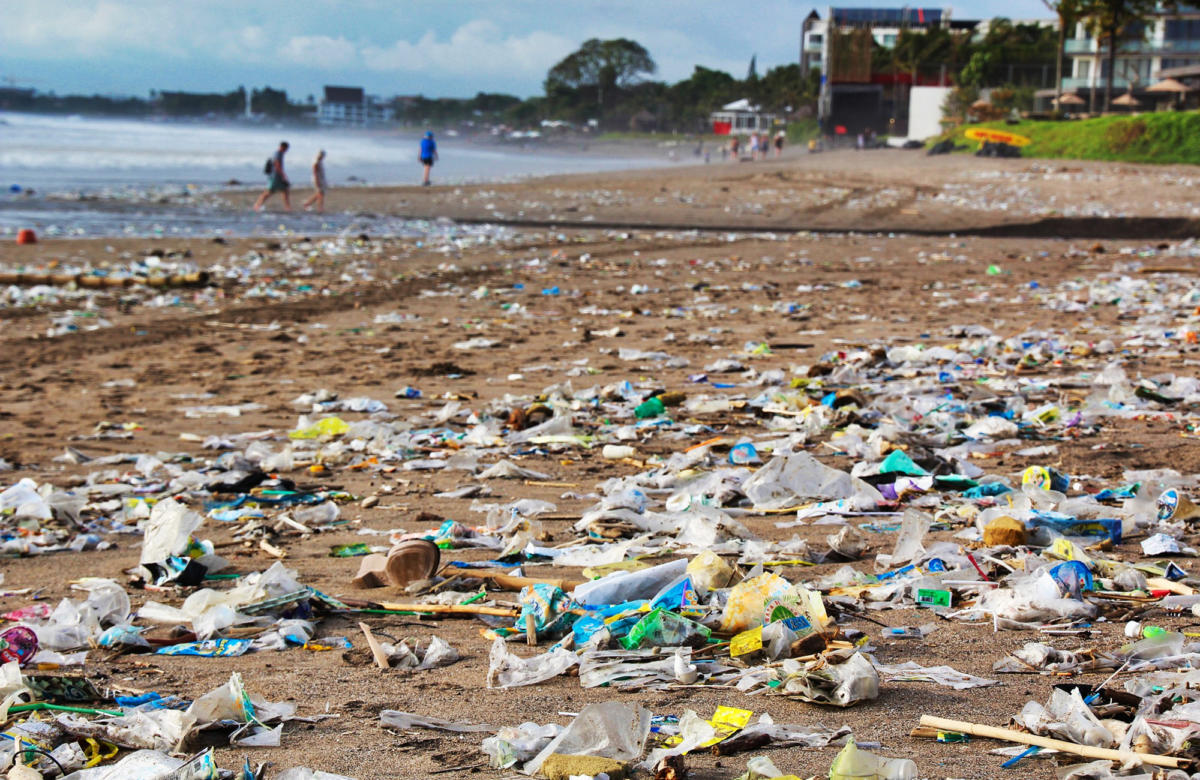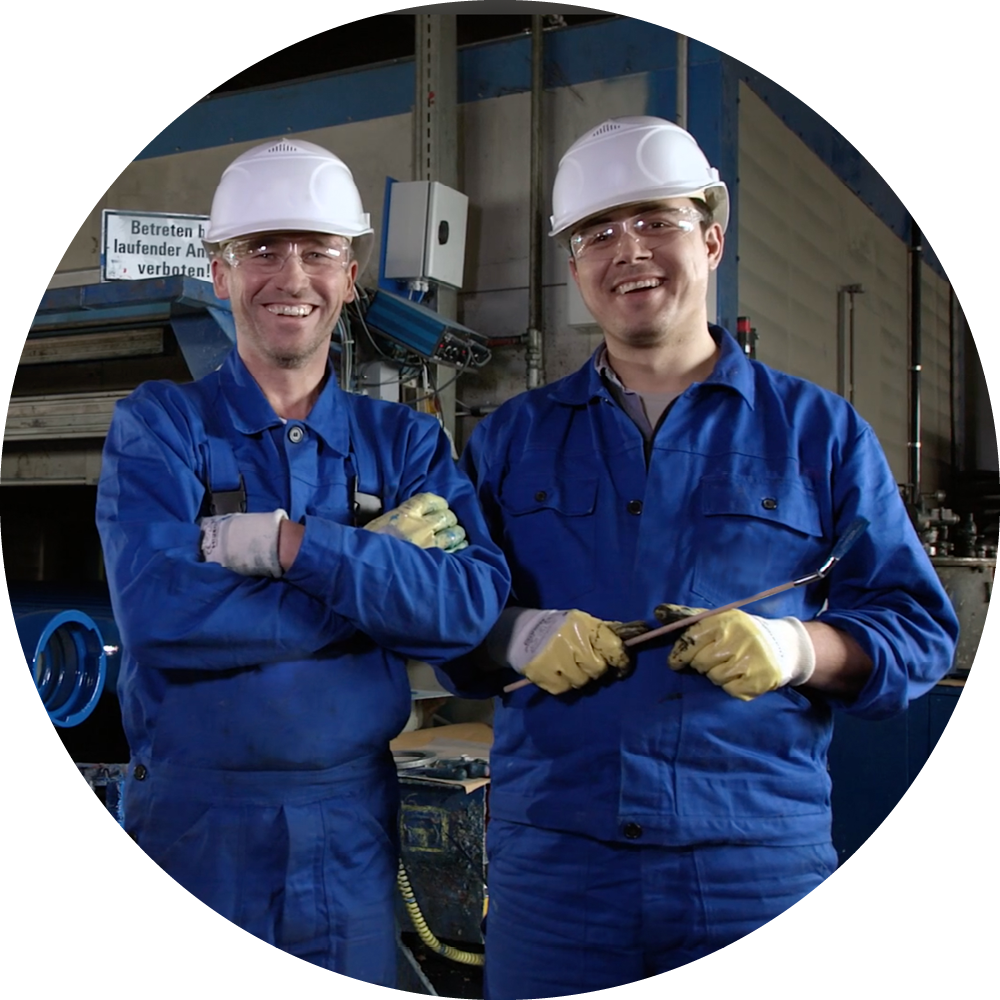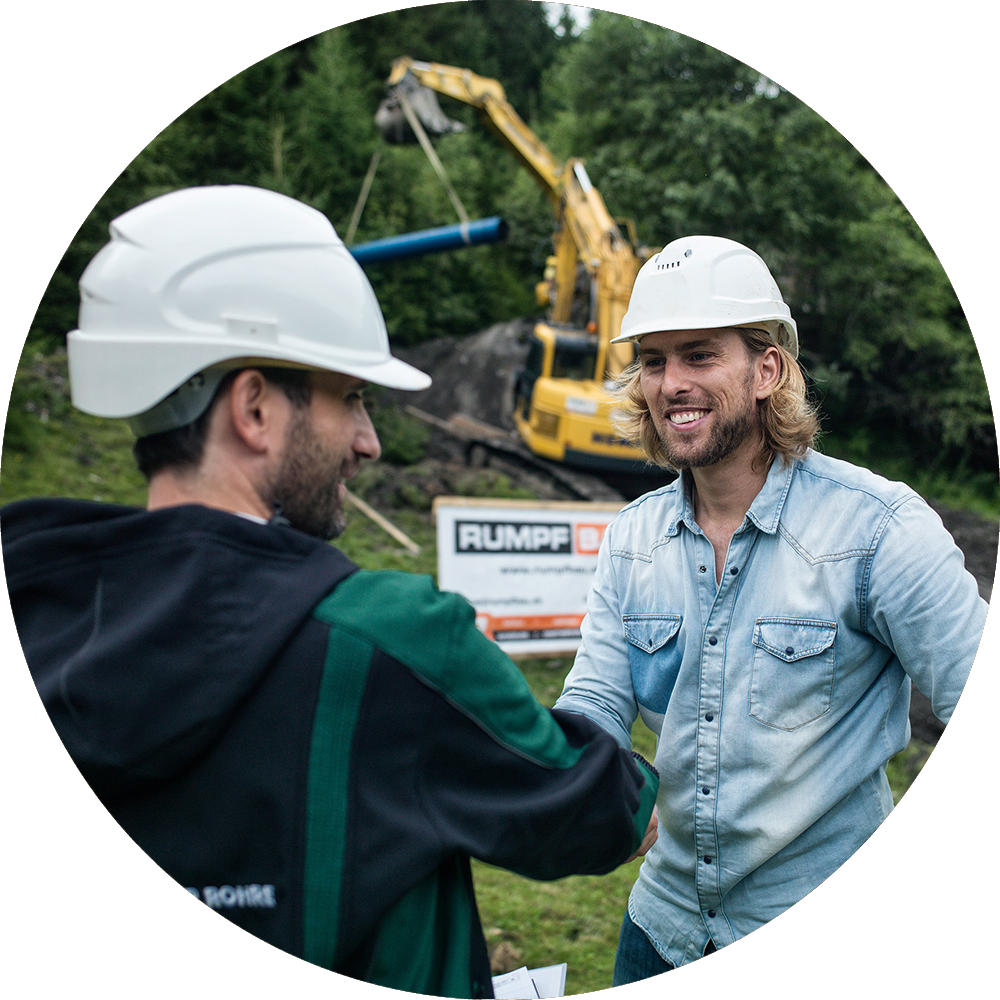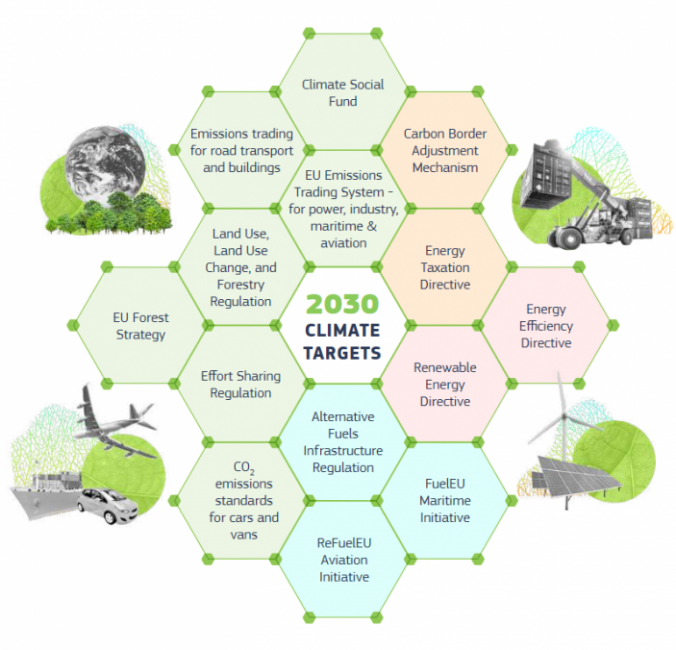Environmental aspects
It is not only climate change that poses major challenges that we must address with targeted measures and adaptation strategies if we are to leave a world worth living in for future generations. There are also issues and problems in our society that have a direct or indirect impact on our environment and that we need to actively address. We must also address these with appropriate measures and adaptation strategies.
Beyond plastic
Plastic (the colloquial term for all types of synthetic materials) is everywhere, and it is hard to imagine our daily lives without it. Our planet is almost drowning in plastic: it can be found in soil, air and water and is therefore a problem for us humans and the environment in many ways, because
- fossil raw materials are irretrievably wasted on short-lived plastic products
- plastic in many everyday products contains harmful substances
- plastic waste accumulates excessively in the environment, in landfills and in water, lakes, rivers and oceans
- microplastics enter the food chain
- according to the EU, Europe generates around 25.8 million tonnes of plastic waste each year, of which only 30% is recycled
The use of plastics poses a growing risk to us and our environment. The limited resources of our environment must be used responsibly and sustainably. Those who make products from them must ensure that they can be used for as long as possible and that the materials are not only recyclable at the end of their ‚life‘, but can also be used in a circular economy.
And that is why we are in demand in our industry. With our ductile iron pipe systems, we have a clean footprint: ductile iron pipes, fittings and valves are not made from finite fossil resources, as are plastic pipe systems, but from steel and cast iron scrap. And crucially, after a long service life of over 100 years, they can be 100% recycled and returned to the cycle at the same quality level. A truly circular economy!
Regionality
Today, regionality is the counter-model to globalisation. We usually use the term regionality to refer to food produced in the region, i.e. in the geographical area. But of course regionality can also be applied to other products that are produced in a particular region. This also applies to cast iron pipe systems, which of course has a positive impact on the balance sheet.
Our cast iron pipe systems are sustainable not only in terms of the production of the material, but also in terms of transport, as they are manufactured in our European plants. In this way we create important jobs for the region, strengthen the regional economy and avoid global transport routes. Regionality offers the invaluable advantage of short distances – for advice, decision-making, cooperation and logistics. Global price fluctuations, supply difficulties or bottlenecks are therefore not part of our business.
European Green Deal
In November 2019, the European Parliament declared a climate emergency and called on the Commission to harmonise all legislative proposals with the aim of limiting global warming to below 1.5 °C. It should also ensure that greenhouse gas emissions are significantly reduced. The European Green Deal presented by the Commission is the EU’s response to the current climate crisis. It sets out an ambitious ‚roadmap‘ to reduce net emissions by at least 55% below 1990 levels by 2030 and to become the first climate neutral continent by 2050. The ‘fit for 55’ package of proposals is designed to actively support the EU in reaching this target in a fair and cost-effective way, and to bring about the necessary transformational change in our economy, society and industry.




